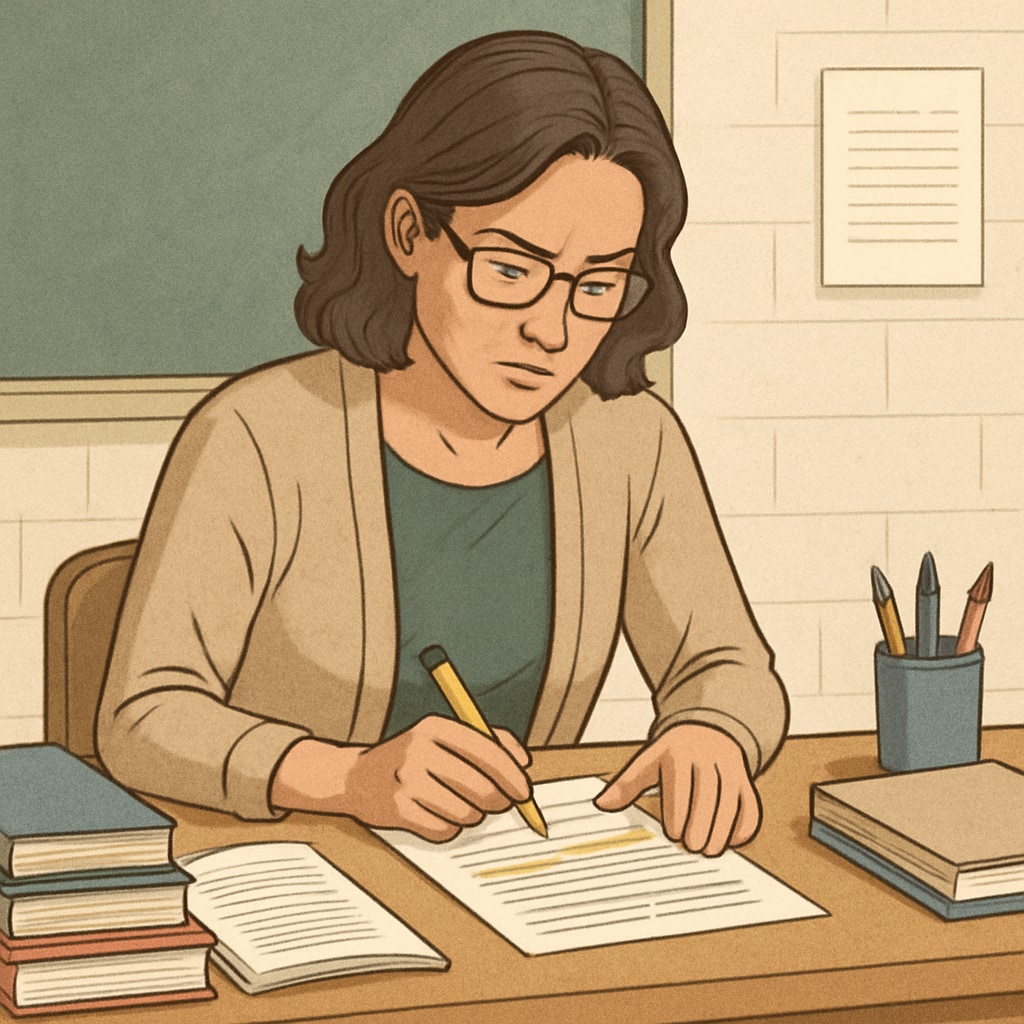Accurately matching reading materials to students’ abilities is a cornerstone of effective literacy education. Our innovative research project seeks to refine the evaluation of text complexity with the invaluable input of primary and middle school educators. By participating as teacher volunteers, you can help shape a better system for assessing reading comprehension and ensuring that students are provided with texts suited to their needs. This project requires just 30 minutes of your time and promises to make a lasting impact on K12 education practices.
Why Text Complexity Matters in Literacy Education
Text complexity refers to the difficulty level of written material, encompassing factors such as vocabulary, sentence structure, and thematic depth. When students encounter texts that align with their reading capabilities, their comprehension improves, and their confidence grows. However, mismatched materials can hinder progress and discourage engagement. Therefore, creating a precise system to evaluate text complexity is essential for fostering an optimal learning environment.
While algorithms and readability formulas are widely used to assess complexity, they often fall short in capturing nuanced factors like cultural relevance or age-appropriateness. This is where educators play a critical role. Teachers bring unique insights into student needs, making them indispensable contributors to more accurate assessments.

How Teachers Can Contribute to the Research
This study invites primary and middle school teachers to provide their professional judgment on various reading materials. Participants will evaluate texts based on their perceived complexity and suitability for specific student groups. The data collected will inform new methodologies for assessing text complexity, combining teacher expertise with advanced analytical tools.
Participation is straightforward and time-efficient. In just 30 minutes, teachers can share their valuable perspectives, helping researchers to build a more reliable framework for text evaluation. This collaborative effort has the potential to enhance reading comprehension strategies across K12 education.

Benefits of Joining This Research Initiative
As a teacher volunteer, your contribution will:
- Empower students by ensuring access to appropriately challenging reading materials.
- Advance literacy education practices through improved text complexity assessment systems.
- Provide insights into how professional judgment complements existing assessment tools.
In addition to making a meaningful impact on education, participating in this study can enhance your understanding of text complexity metrics. Teachers will play a pivotal role in bridging the gap between theoretical frameworks and practical applications in classrooms.
How to Get Involved
Joining the study is simple. Interested educators can sign up online via our dedicated portal. Once registered, participants will receive a set of reading materials to evaluate, along with clear instructions on how to provide feedback. The process is designed to be user-friendly and respectful of your time constraints.
For further details, you can explore trusted resources on text complexity, such as Text Complexity on Wikipedia or Reading Comprehension on Britannica. These platforms offer valuable background information that may enrich your understanding of the subject.
Take this opportunity to contribute to a meaningful cause and help pave the way for more tailored educational practices. Your expertise could be the key to unlocking better reading comprehension outcomes for students nationwide.
Readability guidance: This article uses short paragraphs, clear transitions, and lists to enhance accessibility. Key points are summarized under relevant headings, ensuring ease of navigation for readers.


